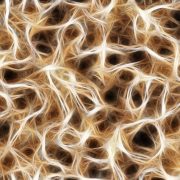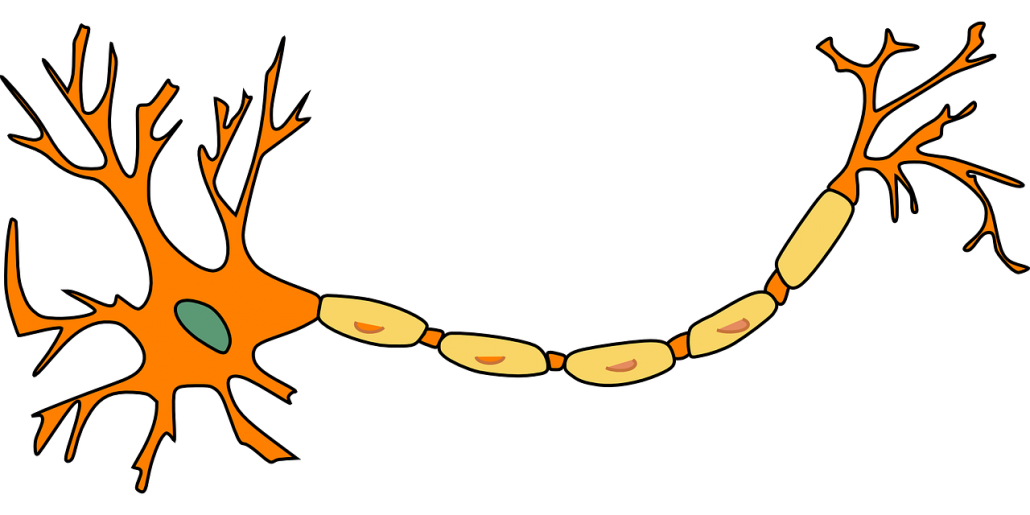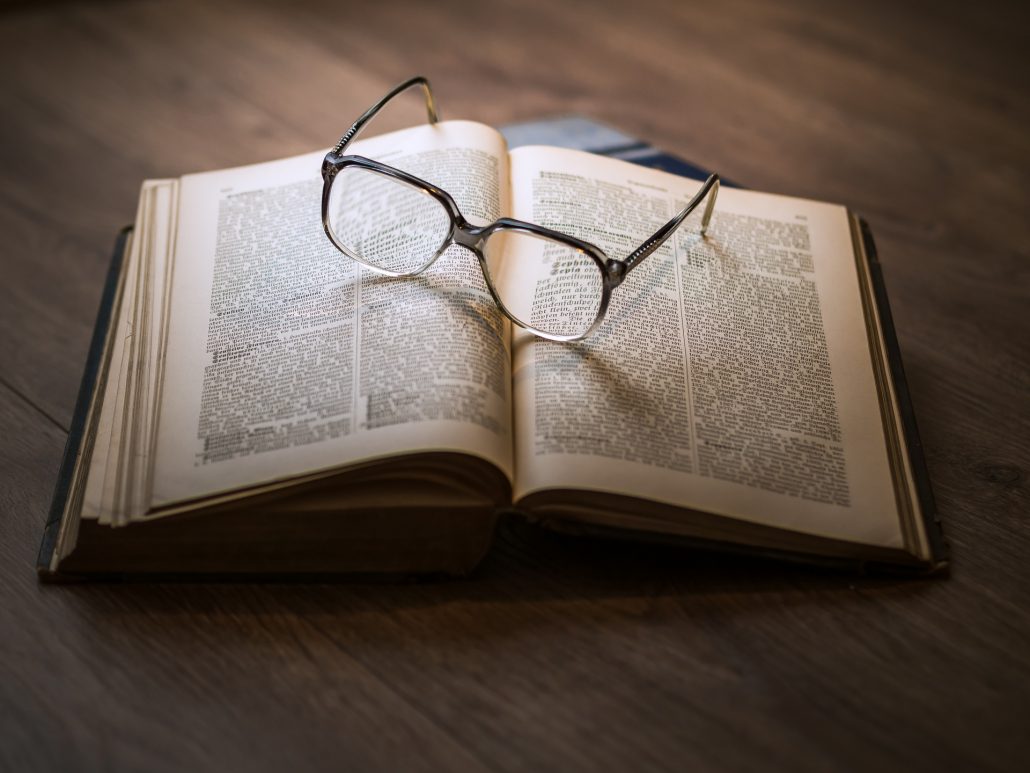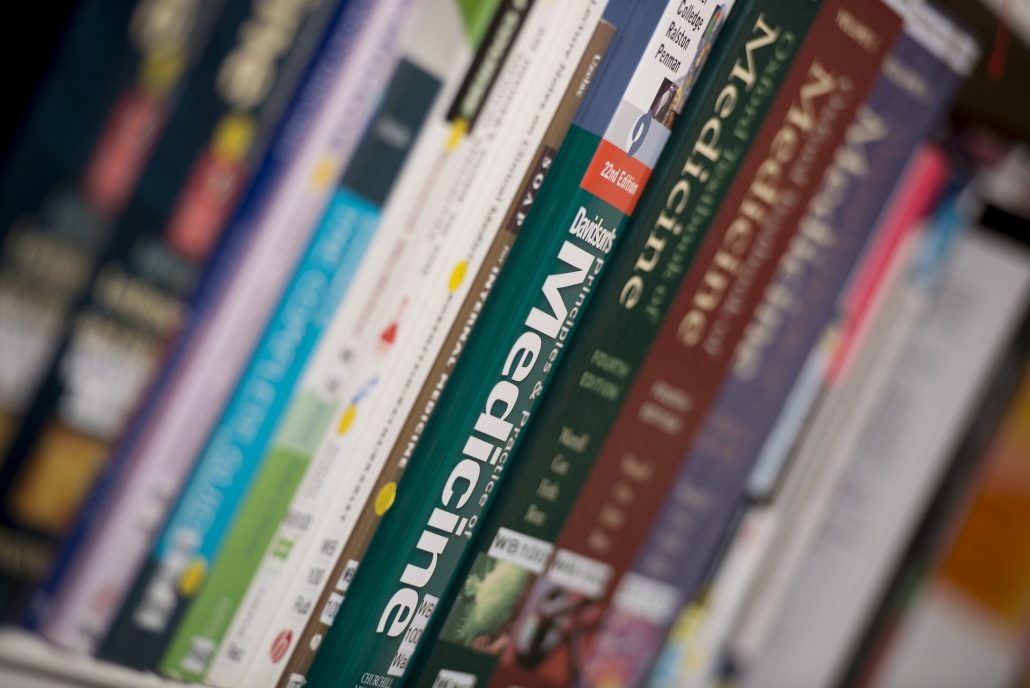How Massage Affects The Nervous System
Over the past twenty years studies have been conducted all over the world to determine the correlating impact on the nervous system when getting a massage. Work has already been done that has established the importance of human touch on the human psychosis. These studies revealed that prolonged periods without skin on skin human interaction can shut down the body’s positive natural hormones i.e. serotonin, which has been linked to cases of depression and anxiety.
High counts of cortisol, the stress hormone, where discovered in the bodies of patients that were tested in a government funded study wherein the patients, with ages ranging from 21-55, spent 30 days in contact isolation. The results of the study were alarming, as the researchers discovered a withdrawal in mental health from over 80% of the patients. Many patients showed signs of increased anxieties and displayed visible signs of stress.
On the final week of the study the group of patients were split in two. Half remained in contact isolation and the other half was given massage sessions once a day. After one day on the massage programme 95% of the patients displayed signs of massive improvement. Both their body language and their mental test result demonstrated improvement in leaps and bounds.
On the third day of contact, a number of patients were asked to describe how no contact had left them feeling. This had an intriguing response as most admitted they did not realise how badly the lack of touch had affected them. There was a unanimous description of feeling low but not being able to really place why their mental state was deteriorating so rapidly.
People do not recognise the fundamental importance of contact, which is why people- particularly in the Western world, look disapprovingly at the massage industry as something indulgent and excessive.
Aside from the scientific evidence of the study, it has time and time again been proven by top medical experts and junior researchers that the nervous system can be healed more efficiently through massage than any other form of therapy (i.e- prescription drugs)
Simply, there are many, many benefits relating to massage directly benefitting the nervous system.
Looking at papers related to the nervous system in relation to massage the facts are there:-
Certified Medical Technician, John T. Rasch, from the US, has dedicated a site directly citing vast amounts of information regarding the topic. For the ease of readers who are not familiar with the medical practise and do not have access to the complex medical reports, Rasch outlines on his personal site a comprehensible list of benefits, which you can explore at your leisure below:-
“Massage stimulates the touch, pressure, and proprioceptive receptors of the skin (and underlying tissues.)”
“Massage helps to balance the autonomic nervous system.”
“Massage relaxes the muscles and helps to re-establish proper tonus through its effect on the neuromuscular reflex pathways.”
“Massage is known to affect the neurotransmitters of the brain and increase endorphin secretion in particular (natural painkillers).”
“Massage can help decrease nerve entrapment”
“Massage can reduce nerve root compression (caused by muscle tension).”
“Massage can be quite effective in treating and reducing pain conditions”
“Anxiety and depression eased due to the calming of the nervous system.”
“Stimulation of the nerve receptors have reflex reactions affecting the vasomotor nerves, internal organs, pain perception nerves, and the underlying joints and muscles of the areas being massaged”
America seems way ahead of the UK in recognising the benefits of massage on the nervous system, with more research funding being put in to studies. You can already see how recent epiphanies within the US as to the ‘miracle of massage’ has affected the younger generation in America who study sciences going in to the field of massage. A report carried out by The National massage association in Wisconsin reported that students going in to studies involving massage have increased by 42% and courses offering modules in massage therapy have more than quadrupled.
Mental Health awareness in Britain is a growing trend, with much coverage on the press and in the media about the importance of discussing it out in the open. Interestingly the British press is slow on the upkeep in citing massage as a key treatment in supporting wellness and positive mental health.
Studies show that massage therapy reduces the stress hormone cortisol. This results in lower blood pressure and higher feelings of emotional well-being. As stress levels are reduced, the body is able to focus on tasks with greater efficiency. A 1996 study by the Touch Research Institute (TRI) found that massage therapy resulted in reduced depression and stress scores and increased accuracy and speed. The experiment group was given a massage in a chair for 15 minutes, twice a week for five weeks. The control group was asked to relax in a chair with no massage for 15 minutes, twice a week for five weeks. Both groups answered a series of math computations after either receiving a massage or relaxing in a chair. The adults who were given a massage answered the series of math questions quicker and more accurately than those who were not. The experiment group also experienced reduced feelings of anxiety at the end the five-week period. Both the experiment and the control group’s depression scores were lower, but job stress scores were only lower for the experiment group.
If you would like to do further reading as to the exciting future of massage and the benefits which it has on the nervous system then I encourage you check out the link below to an essay on the effects of massage therapy:






